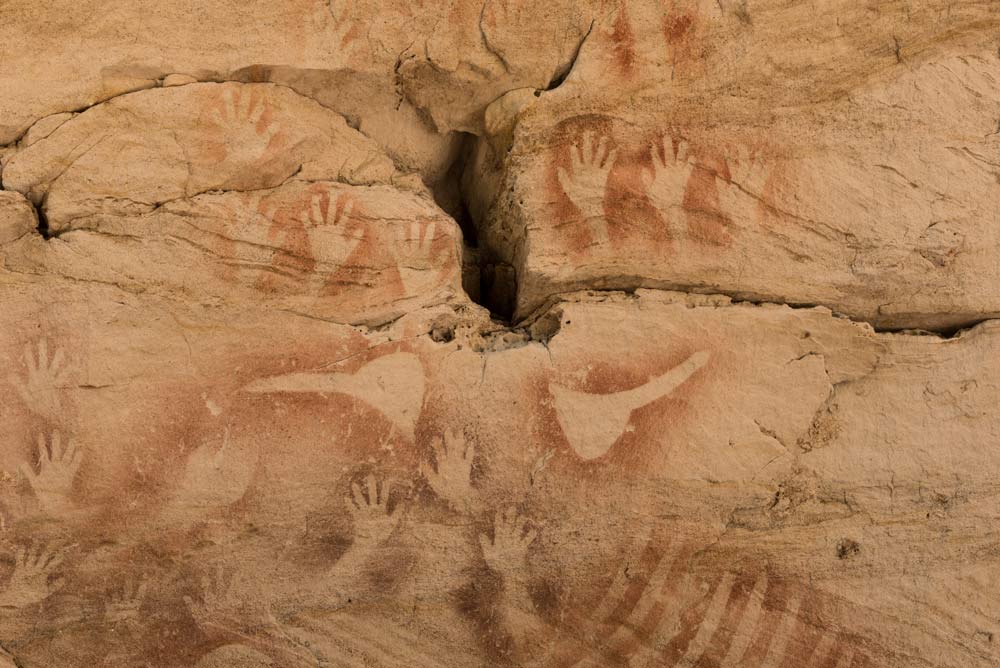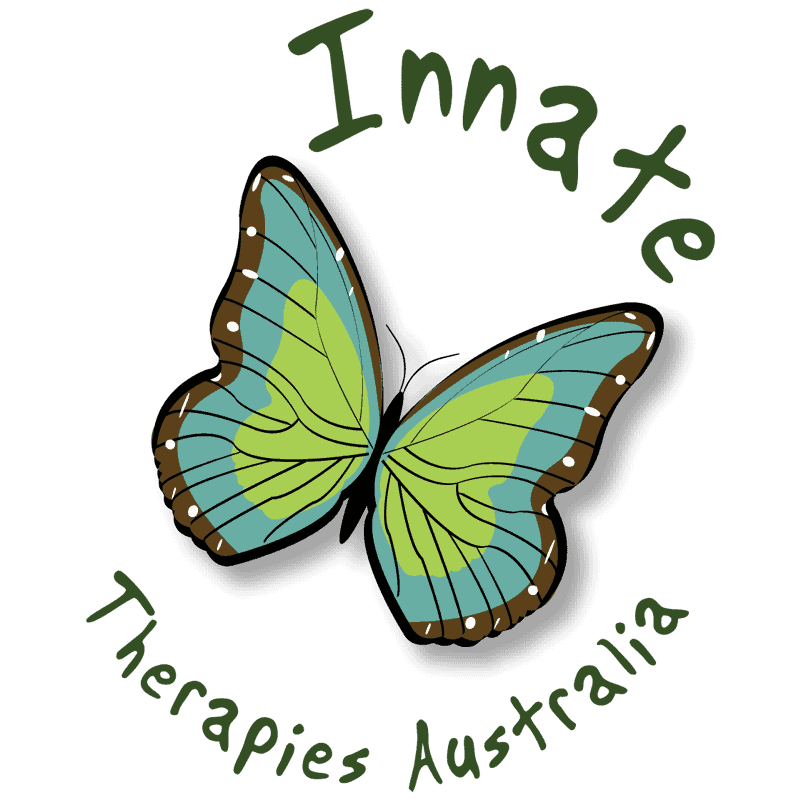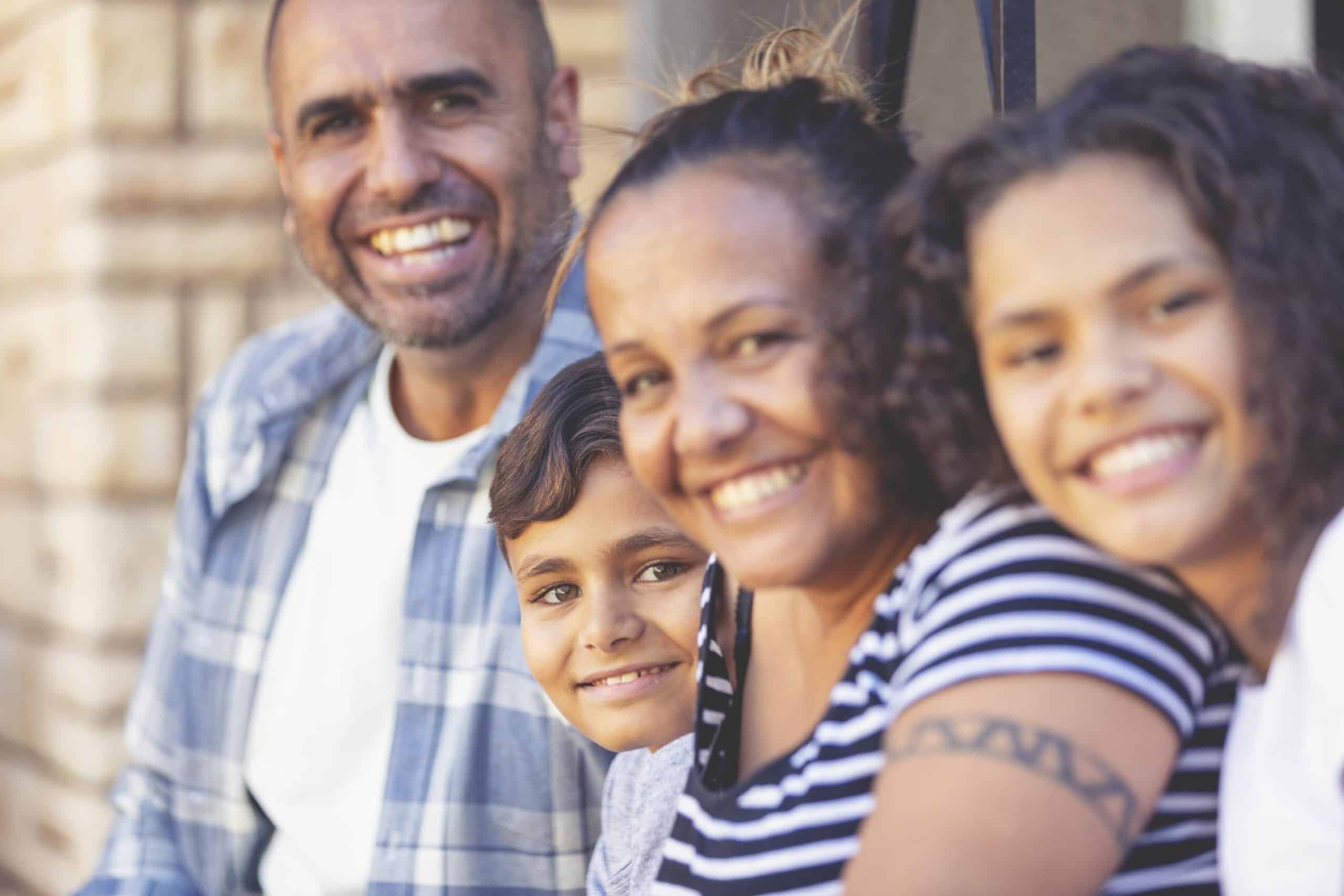Bringing Up Great Kids for Indigenous and Torres Strait Islander Families
Bringing up great kids is a universal aspiration for parents, but it takes on special significance for Indigenous and Torres Strait Islander families.
These communities share a deep-rooted connection to their cultures, languages, and ancestral lands, making the upbringing of their children a journey of preserving cultural identity and instilling a sense of pride and resilience.
In this blog, we will explore the unique challenges, time-honored practices, and modern approaches employed by Indigenous and Torres Strait Islander families to raise their children and ensure they thrive while staying connected to their rich heritage.
Importance of imparting practical life skills to children
Cultural Identity and Connection to Country
Cultural identity lies at the heart of Indigenous and Torres Strait Islander families. To bring up great kids, parents focus on fostering a strong sense of cultural pride. Teachers and Elders teach children traditional languages, customs, and ceremonies, enabling them to develop a deep understanding of their roots.
Elders play a crucial role in passing on knowledge, telling stories, and imparting wisdom, ensuring that the younger generation remains deeply connected to their ancestors and the land they call home.
Parenting Styles and Techniques
Cultural values and traditions often shape parenting styles in Indigenous and Torres Strait Islander communities. While there is a diverse range of practices, common themes include respect, patience, and collective responsibility for raising children. Parents skillfully balance traditional and contemporary parenting approaches to adapt to modern challenges while preserving essential cultural values.
We root communication and discipline methods in fostering harmony and understanding rather than punitive measures. People often use storytelling and shared experiences to teach life lessons and instill virtues, guiding children towards making positive choices.
Education and Learning
Education is a critical aspect of bringing up great kids. Indigenous and Torres Strait Islander families value both academic success and cultural knowledge in their children’s education. Indigenous knowledges and perspectives are integrated into the curriculum to empower children to embrace their heritage and make connections between their past and present.
Challenges such as access to quality education and overcoming disparities are acknowledged, and families work together with schools and communities to ensure their children receive equitable educational opportunities.
Health and Well-being
Ensuring the well-being of children is a top priority for Indigenous and Torres Strait Islander families. They view health holistically, addressing physical, mental, and emotional aspects. Traditional healing practices, passed down through generations, are valued alongside Western medical approaches.
Promoting healthy lifestyles, such as engaging in physical activities and maintaining balanced diets, is emphasized to instill lifelong habits. Furthermore, addressing health disparities and working towards improving access to healthcare services remains a significant concern for these families.
Family and Community Support
In Indigenous and Torres Strait Islander communities, raising a child is a collective effort that involves extended family members, elders, and the broader community. The close-knit family structure provides a strong support network for parents and caregivers. The wisdom of elders, gained from years of experience, is a valuable resource for parenting advice and guidance.
Community cohesion is vital, with parents actively participating in community events and initiatives to strengthen bonds and share experiences. Together, they address challenges related to family breakdown and child welfare, prioritizing the well-being and safety of their children.
Traditional Stories and Oral History
Oral tradition plays a significant role in passing on knowledge and preserving cultural heritage. Through storytelling, Indigenous and Torres Strait Islander families teach their children about their history, values, and customs. These stories also serve as a powerful medium to impart life lessons and instill a sense of pride in their cultural identity.
Oral history preserves and promotes unique identities, enriching children’s lives in a world dominated by written history.

Resilience and Cultural Strength
Indigenous and Torres Strait Islander families recognize the importance of building resilience in their children. Life in modern society can be challenging, and children need to navigate the complexities while staying grounded in their cultural strength.
The teachings of ancestors and the strong community support system provide a foundation for children to face adversity with confidence. The emphasis on cultural strength empowers children to embrace their identity and navigate their journey with pride and determination.
Trauma and Healing
Indigenous and Torres Strait Islander communities have faced historical trauma, and its effects can be intergenerational. Parents are aware of these challenges and work to address them in their children’s upbringing. We prioritize healing and well-being, and we actively seek culturally appropriate support services to help families cope with past traumas.
Helping kids heal and grow emotionally is important for their well-being and building resilience.
Access to Services and Support
Ensuring access to essential services is an ongoing concern for Indigenous and Torres Strait Islander families. Challenges like remote living, cultural awareness in service providers, and socioeconomic disparities can limit access to healthcare, education, and social services.
Community leaders and families collaborate to ensure the well-being and support of their children while honoring their cultural heritage. They work together to create an environment that respects and values their culture. This collaborative effort aims to provide the best possible care and support for the children.
Youth Empowerment and Leadership
Indigenous and Torres Strait Islander families recognize the importance of nurturing leadership skills in their children from a young age. Empowering youth is an essential step towards building strong future leaders who can positively impact their communities.
Children are encouraged to participate in community activities, cultural events, and decision-making processes. This involvement fosters a sense of responsibility and strengthens their connection to their culture and community.
Indigenous Parenting Programs and Initiatives
Various successful parenting programs exist within Indigenous and Torres Strait Islander communities. These initiatives address the unique challenges faced by families and offer support tailored to their cultural context.
These programs often focus on traditional parenting practices, cultural preservation, and community collaboration. By sharing knowledge and experiences, families learn from one another and develop stronger parenting skills.
Preserving Traditional Knowledge in the Modern World
The preservation of traditional knowledge is essential for the continuity of Indigenous and Torres Strait Islander cultures. In a rapidly changing world, families make a concerted effort to pass on traditional skills, crafts, and cultural practices to their children.
By preserving this knowledge, families empower their children to embrace their cultural heritage and make meaningful contributions to their communities and society as a whole.
Innate Therapies - Bringing Up Happy Healthy Kids
As Innate Therapies, we take great pride in our commitment to teaching practical life skills to children in a fun, supportive, and individualized manner. We assist children in developing confidence and resilience in the real world. We achieve this through personalized assessments, fun learning environments, and real-life simulations.
Bringing up great kids for Indigenous and Torres Strait Islander families involves a deep commitment to preserving cultural identity, passing down traditional knowledge, and instilling resilience and pride in children. The journey is rooted in cultural heritage and is guided by the wisdom of elders and the support of the community.
These families use both traditional and modern methods to help their children grow and succeed in today’s world. They also make sure to stay connected to their heritage. Indigenous and Torres Strait Islander families teach valuable lessons on raising children, inspiring parents and caregivers globally. Their unwavering dedication to cultural preservation and the well-being of their children exemplifies the true essence of great parenting.
Contact Us for further support and family therapy and counselling.


